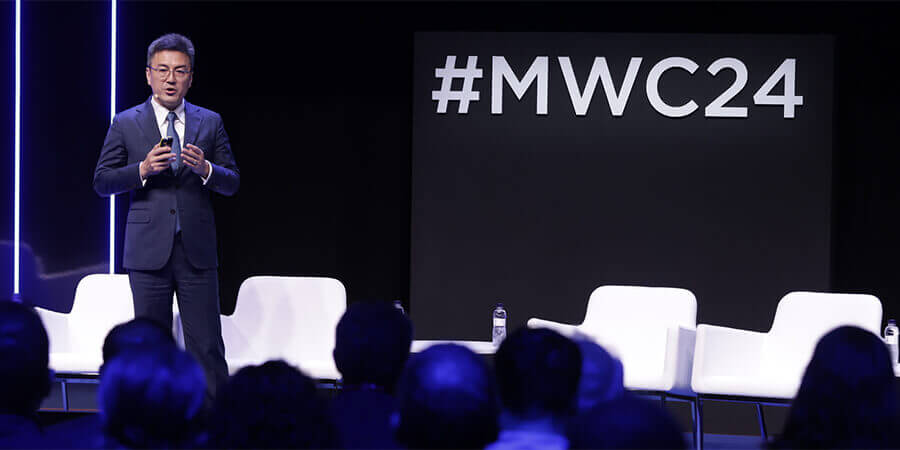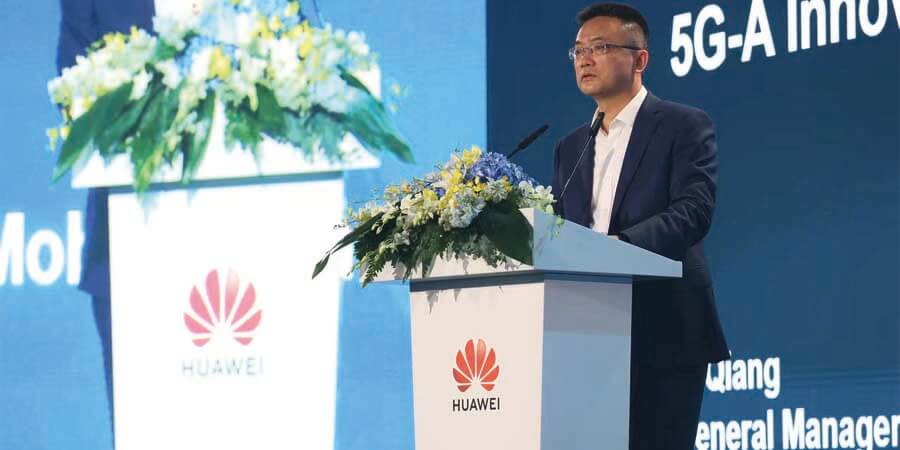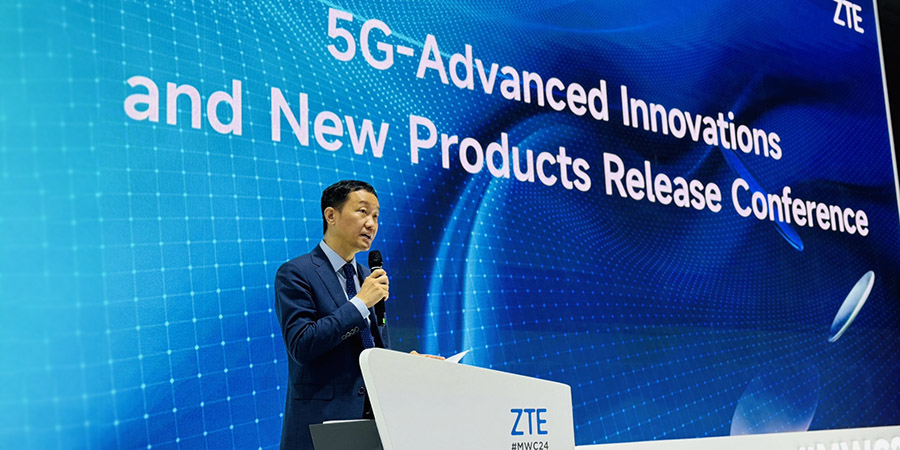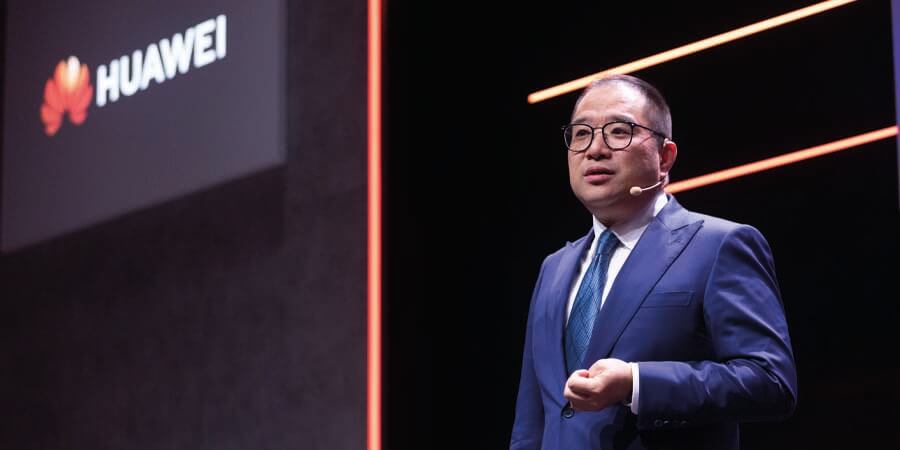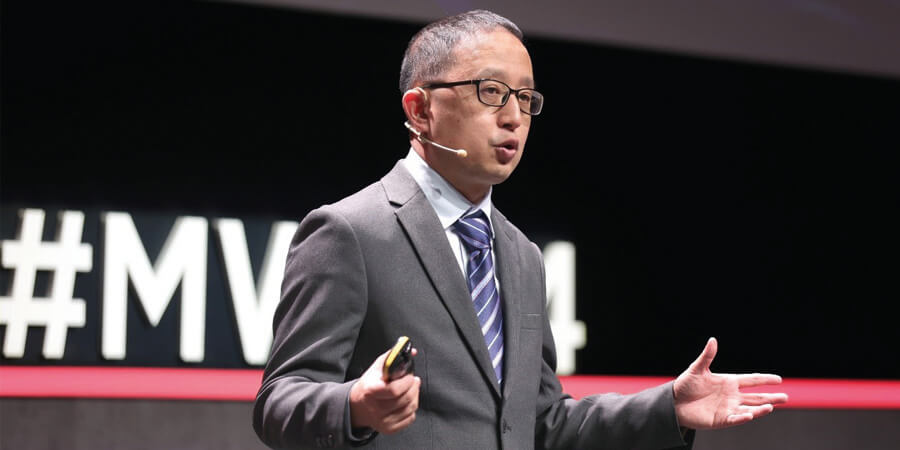In recent years, the world has seen consecutive innovations and breakthroughs. Investing in research and development (R&D) has resulted in technological advancements that have improved the way individuals live and contribute to enhancing the operational efficiency of businesses.
Featured Articles
5.5G Pivotal in Exploring Industrial Dividends
ExpiredTechnology has always been at the heart of global economic development, and always will be. Throughout this evolution of technological advancement, there is one trend that significantly stands out as a key driver in this growth trajectory— the time to market (TTM) of products and services and the speed at which they are released by organizations and businesses.
China Mobile's 5G Integration Advances Global Business Success
ExpiredThe advancement of 5G technology from its beginning to its current stage has been remarkable, and the development is still progressing towards 5.5G, bringing new opportunities and potential improvements.
ZTE at MWC 2024: Panoramic Planning and Innovations for the 5G-A Era
ExpiredZTE Corporation hosted its "5G-Advanced Innovation and New Product Release Conference" at MWC Barcelona 2024.
Transforming Telecoms: Huawei ICT Services & Software Enable Digital Intelligence Acceleration
ExpiredDriven by AI technologies, telecom companies are embarking on an accelerated transformation journey. Recognizing that advancing digital intelligence transformation hinges on the integration of vast carrier knowledge, experience, and data with cutting-edge AI technologies, Huawei, the leading global provider of information and communications technology (ICT) infrastructure and smart devices has identified the critical need for this fusion.
Vietnam's Cybersecurity Challenges, Insights, and Solutions
ExpiredCyberattacks pose a significant threat to individuals and businesses. Cyberattacks are distinguished by their stealthy and often devastating nature, as they exploit vulnerabilities in computer systems, networks, and software to cause havoc on unsuspecting victims.
Collaborative Ventures Between Telecom Operators and Vendors in the Asia Pacific
ExpiredIn recent years, partnerships and collaborations between telecom operators and vendors in the Asia Pacific region have become increasingly prevalent, driven by various factors such as the demand for advanced technology, the need for expanded services, and the emergence of new market opportunities. These collaborations have reshaped the telecom landscape, fostering innovation and enabling operators to better serve their customers in a rapidly evolving digital environment.
Telecom Review Excellence Awards 2023: Vikram Sinha, President Director & CEO Indosat Clinches Merit Leader CEO of the Year Asia
ExpiredAt the 12th edition of the Telecom Review Excellence Awards, held as part of the 17th Telecom Review Leaders' Summit, Vikram Sinha, President Director & CEO of Indosat Ooredoo Hutchison (Indosat or IOH), secured the prestigious Merit Leader CEO of the Year - Asia accolade. The event, a culmination of the Leaders' Summit, recognized outstanding global and regional companies, as well as industry leaders, for their noteworthy contributions in 2023.
Building the Intelligent Cloud Foundation for Telco with Systematic Innovation
ExpiredDuring the Huawei Product & Solution Launch 2024 at the Mobile World Congress, Bruno Zhang, CTO of Huawei Cloud, gave a detailed presentation on how cloud and AI benefit the telecom industry at large.
Finding the Balance and Unlocking the Potential of Data Monetization
ExpiredData has evolved, becoming a new form of currency for industries around the world, particularly in Asia. The economic enhancement in Asian countries has been facilitated by the digital transformation, which has facilitated numerous opportunities through diverse applications of data.



